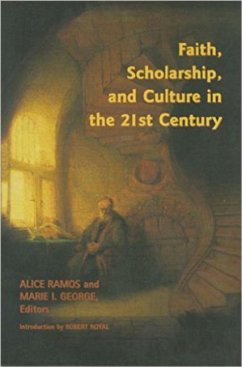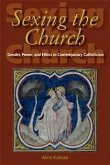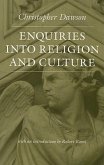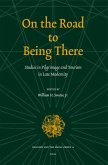While some intellectuals at the end of the nineteenth century argued that scientific progress would eventually cause the demise of religion, it is evident that this has not been the case and that contemporary science is in fact not necessarily inimical to a religious worldview. So, a fruitful dialogue between science and religion has become a reality. But there is also a more fundamental question that arises, which is not simply the relationship of the sciences or of other disciplines to religion, but rather whether faith can and should have an impact on teaching and research. The majority of the essays in this volume hold that the Christian faith provides definite cognitive advantages and that to leave one's faith at the entrance of the campus, thus separating faith from reason, leads to a schizophrenic view of the Christian's intellectual life. This volume thus shows how the religious faith of intellectuals -- not all of whom are Christian -- -exercises a real influence on their scholarship. In consonance with the thought of Pope John Paul II, it is the contention of the scholars whose essays make up this volume that a faith that imbues research and teaching will effect a transformation not only in themselves, but also in their students and eventually in society. Hence, a faith that is fully received, thought out and lived, will penetrate culture; and there is no doubt that present-day culture stands in need of transformation. In fact, the encyclical Fides et Ratio, from which a number of the essays draw inspiration, attributes the secularization of the West in great part to the separation of faith from culture. Jacques Maritain himself, more than fifty years ago, recognized thatmodern and contemporary culture had severed its ties with the sacred and in so doing had turned its back on humanity. Now in the twenty-first century, as always, human beings have a profound need for meaning and transcendence, a need which scholarly reflection such as that








